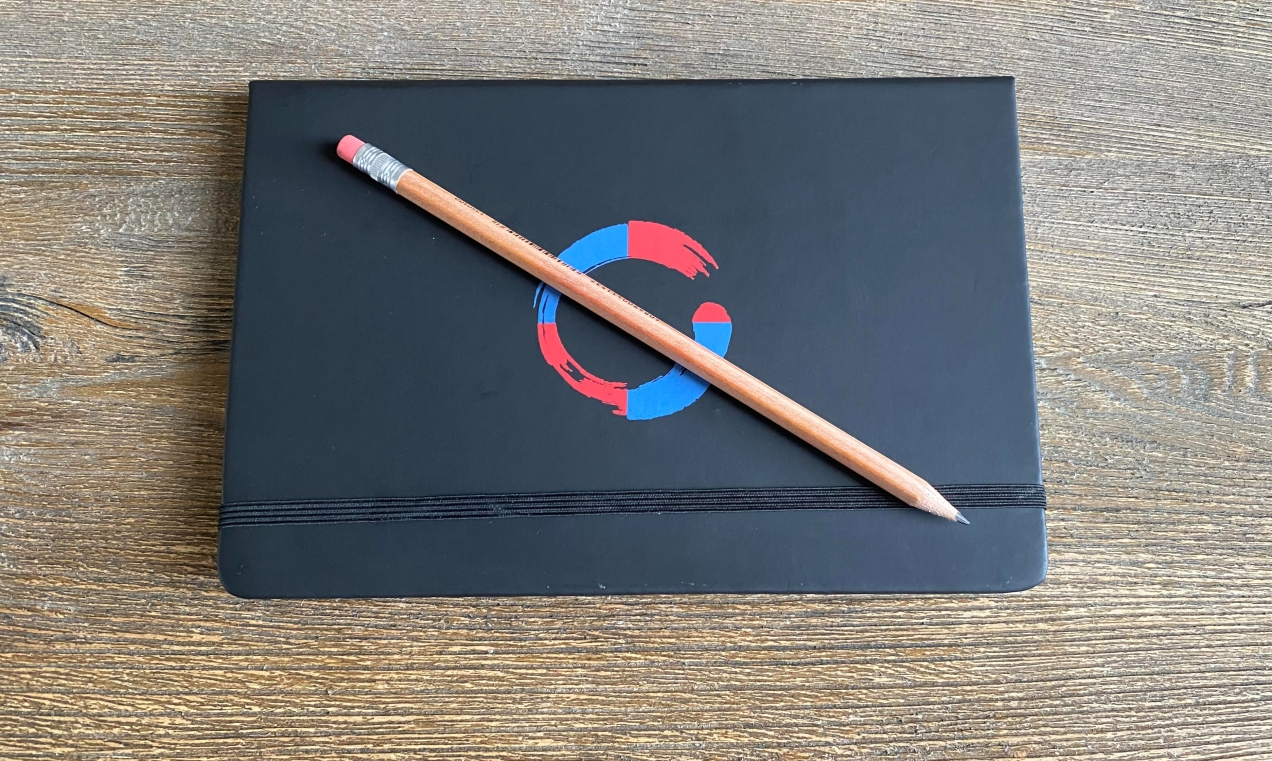Jupyter notebooks have been a thing for a while now in data science communities. Recently I wanted to take a look at how to set these up with support for the F# programming language. While there is some documentation out there, I quickly got lost in a plethora of alternative tools and out-of-date documentation. This walkthrough will get you up and running with F# Jupyter notebooks online and in your vscode editor in no time!
Continue readingCategory Archives: Functional programming

Exploring data and API’s with F# type providers
This post highlights an F# feature called type providers that makes my life as a software developer easier. Ever had to parse some JSON? Explore a shiny new REST API? Maybe you’ve had to quickly try out an undocumented SOAP service?
Imagine you could talk to any kind of service or interact with any kind of data in your regular IDE, using the full capabilities of a static type system with minimal fuss. No need to generate proxy client code from .wsdl files, no need to reference any Nuget package. With some help from F#’s type providers, It just works™!
Introduction
I’ve been looking to introduce F# in my daily workflow. As a consultant, I often don’t get to pick the programming language I work in. As a result, my experiences with F# are limited to side-projects or throwaway code that doesn’t get committed to version control. One area where F# and its ecosystem are really practical and even outperform alternatives is in exploring data and services, both in the broad sense of the term. Say you have to integrate with a third party REST API that provides little-to-no documentation. F# provides a magical feature called type providers that allows you to explore this API with static types, minimal fuss, and all the features you’ve come to rely on of your trusty IDE. It’s the perfect way to get started with functional programming in a .NET environment.
